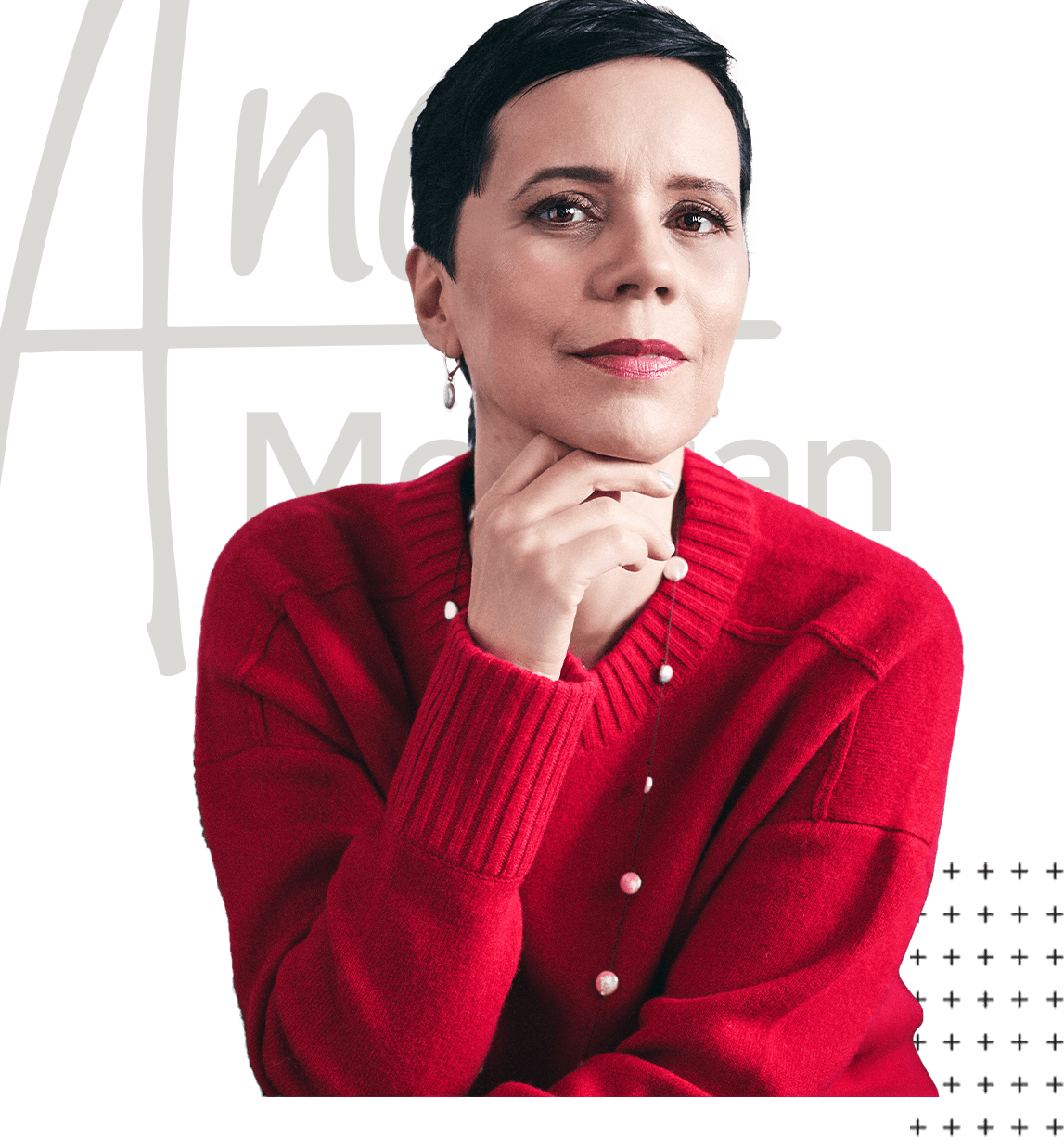Think BIG MindSet (with Michael Port)
Podcast: Play in new window | Download | Embed
During this episode, I interviewed my mentor Michael Port about the Think BIG MindSet.
Michael Port has been called an “uncommonly honest author” by the Boston Globe, and a “marketing guru” by The Wall Street Journal. He has written 5 bestselling books including Book Yourself Solid, Beyond Booked Solid, The Contrarian Effect, the New York Times Bestseller, The Think Big Manifesto, and Book Yourself Solid Illustrated Edition.
He is also known as “The guy to call when you are tired of thinking small.”
In fact, everything he does is inspired by thinking big about who you are and what you offer the world. Thus Michael is the ideal person to speak about this topic.
In this interview we speak about:
The Power of YET – A Growth Mindset Secret
Podcast: Play in new window | Download | Embed
The idea behind this podcast is that our mindsets determine the way we see the world. And, because it’s so easy to stay stuck in Fixed Mindsets, that prevents us from learning new things, it’s vital to intentionally cultivate Growth Mindsets.
These concepts of Fixed and Growth Mindsets are based on the work of Carol Dweck, a Stanford University psychologist.
In her book–Mindset: The New Psychology of Success–she describes decades of research about why people succeed or fail, and how the Fixed and Growth Mindsets play a role in this process.
Dr. Dweck's 10-minute TED Talk, “The Power Of Believing That You Can Improve”, gives a powerful introduction to these concepts.
One of my favorite golden nuggets from her presentation is how she explains the Power of YET.
How Do Successful Salespeople Handle Rejection?
 We are social animals, and this means that we seek social acceptance and try to avoid being rejected.
We are social animals, and this means that we seek social acceptance and try to avoid being rejected.
Rejection hurts – it's a very negative feeling and for that reason many of us take great efforts to avoid that feeling.
What can we do about this?
How can we avoid the trap of procrastination to avoid rejection?
Creators of Our Lives
“Between stimulus and response there is a space.
In that space is our power to choose our response.
In our response lies our growth and our freedom.”
– Viktor E. Frankl
This is one of my favorite quotes.
Viktor Frankl was an Austrian psychiatrist who survived 3 years in Nazi concentration camps. There he lost his wife, his unborn child, his parents, and most of his friends, and in spite of all these terrible life circumstances, he rebuilt his life, remarried, had a child, developed a great psychotherapy model and wrote many books including the famous “Man's Search for Meaning.”
He must have had a great genetic set point for positivity and happiness, but he also worked a great deal on his mindset.
I love this quote because, we usually see a stimulus as something that activates a response almost automatically.
There Frankl sees a space.
A brief space where we have the power to choose our response.
A brief space where we can learn to be creators of our lives and not just be reactors.
Ready for a practical exercise?
Positivity and Boiling Water
You probably know how important it is to keep a positive mindset, yet sometimes it’s really hard to keep your optimism up.
When things are going bad in your life or business and you really try hard to focus on the positive, it doesn’t really seem to make a big difference in the overall picture.
If you find yourself in this situation, the tendency is to throw in the towel and give up.
But this would be like waiting for a pot of water to boil and, just because it takes time, you give up and turn off the heat.
How to Increase Your Positivity
 Take a minute to do this exercise:
Take a minute to do this exercise:
- Look around the room and count how many red objects you see.
- Do it now before reading further.
Changing Is Two Steps Forward and One Backwards
 Often when people think about changing something in their lives, they get paralyzed by the thought of change itself.
Often when people think about changing something in their lives, they get paralyzed by the thought of change itself.
‘Typically they say to themselves:
- “I don't have enough will power to change.“
- “I'm never going to be able to do it.“
- “I tried it before and it didn't work“
And any other excuses that their internal saboteur can think of (yes, you are not alone, everybody has a personal internal critical voice that tries to undermine their self-esteem, but that is a theme for another blog).
Balance is an ongoing process…
 Many of my clients want to have a balanced life (who doesn't?!). Yet, they soon realize that having a balanced life is not something they are going to achieve and then just move to the next thing. It's more about living in balance by respecting our priorities. In sum, balance is not a final outcome, but an ongoing process.
Many of my clients want to have a balanced life (who doesn't?!). Yet, they soon realize that having a balanced life is not something they are going to achieve and then just move to the next thing. It's more about living in balance by respecting our priorities. In sum, balance is not a final outcome, but an ongoing process.
Even the person who is walking on the top of tight rope cannot be totally still to keep her balance!
It’s important to clarify what a balanced life looks like for us (everybody’s vision is different) and then walk our talk by being aware if we are walking away from our vision or being our vision.
It helps to ask oneself:
Thrive with The Three Good Things Exercise
You can find descriptions of “the 3 good things exercise” in several internet sites. This exercise comes from Positive Psychology – a recent branch of science that studies the why people thrive. Martin Seligman, the father of modern positive psychology, explains this exercise in several You Tube videos:



